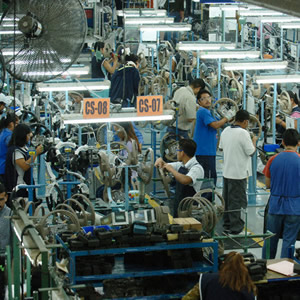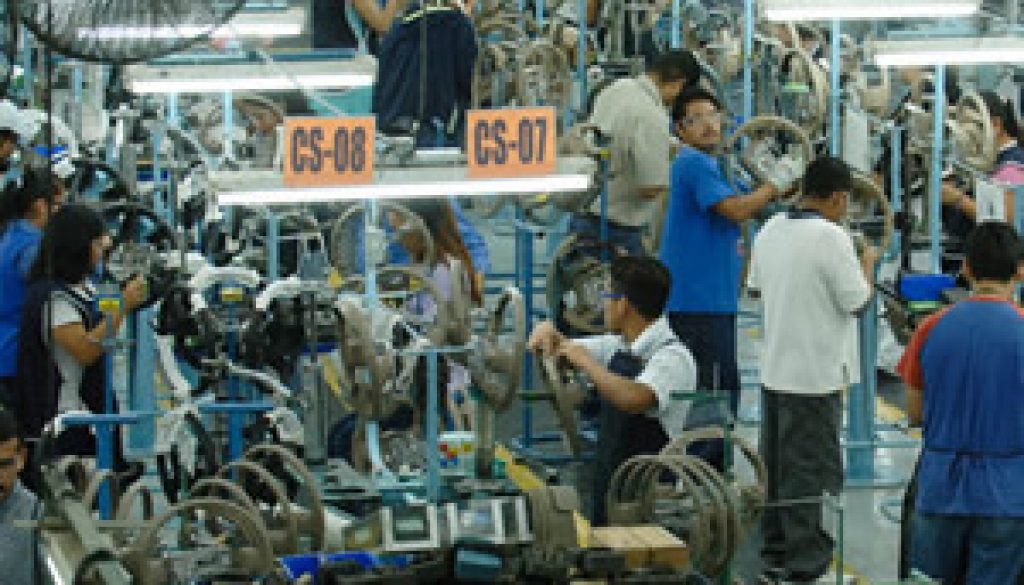The comeback of Mexican Maquiladoras
 Source: Investor’s Business Daily
Source: Investor’s Business Daily
Starting with this year, according to the Boston Consulting Group, China has lost its factory wage advantage over Mexico.
A decade ago experts wrote about “China’s eating Mexico’s lunch”, where China’s reforms where challenging Mexico’s comparative advantages. Back then China was winning the “battle” on attracting foreign direct investment based on low labor costs and many other costs of doing business, while quality control, technology diffusion, mid-level management skills, and physical infrastructure where part of the Chinese advantage of attracting new investment. Other advantages of china were also the fixed currency, financial incentives, government-funded infrastructure improvements, etc.
In 2005 Chinese manufacturing wages were more economical by $1.22 comparing to manufacturing wages in Mexico; by 2010 the gap had narrowed to only 34 cents and is estimated that by 2015 to widen the Mexico’s wage advantage in the Maquiladora Sector to $1.75.
The current wage difference between Mexico and China is no longer significant since there are extra costs that transnational companies should consider when investing in a country or another, associated with manufacturing in the latter as shipping, company travel, social benefits that are more common to be absorbed by foreign investors, cost of carrying inventory etc., has created an unpredictable situation, the comeback of the Mexico Maquiladora Industry.
The changing conditions in China’s manufacturing economy should be anticipated by the Mexican government, who needs to work on overcoming its limitations: the availability of a bigger number of skilled workers, infrastructure, supplier networks and safety concerns.
Moving production to the U.S. or Mexico isn’t that easy when it requires shipping machines across the ocean.
For Mexico this opportunity is contingent on the political will of the new elected president which is considers proposing reforms in areas such as labor law and the structure of its energy sector.
Experts of Boston consulting Group state that the number of companies shifting production to the U.S. and Mexico will increase over the next five years as Chinese wages continue to elevate at the same time as transportation costs are incrementing.





